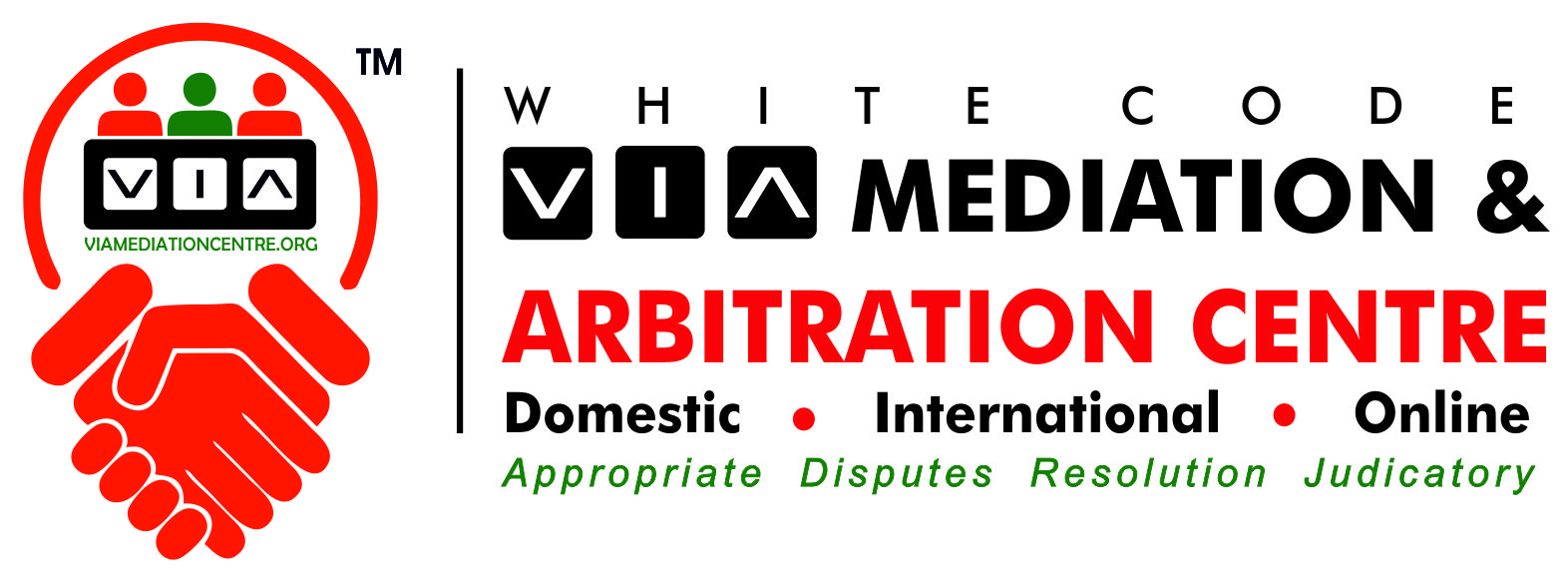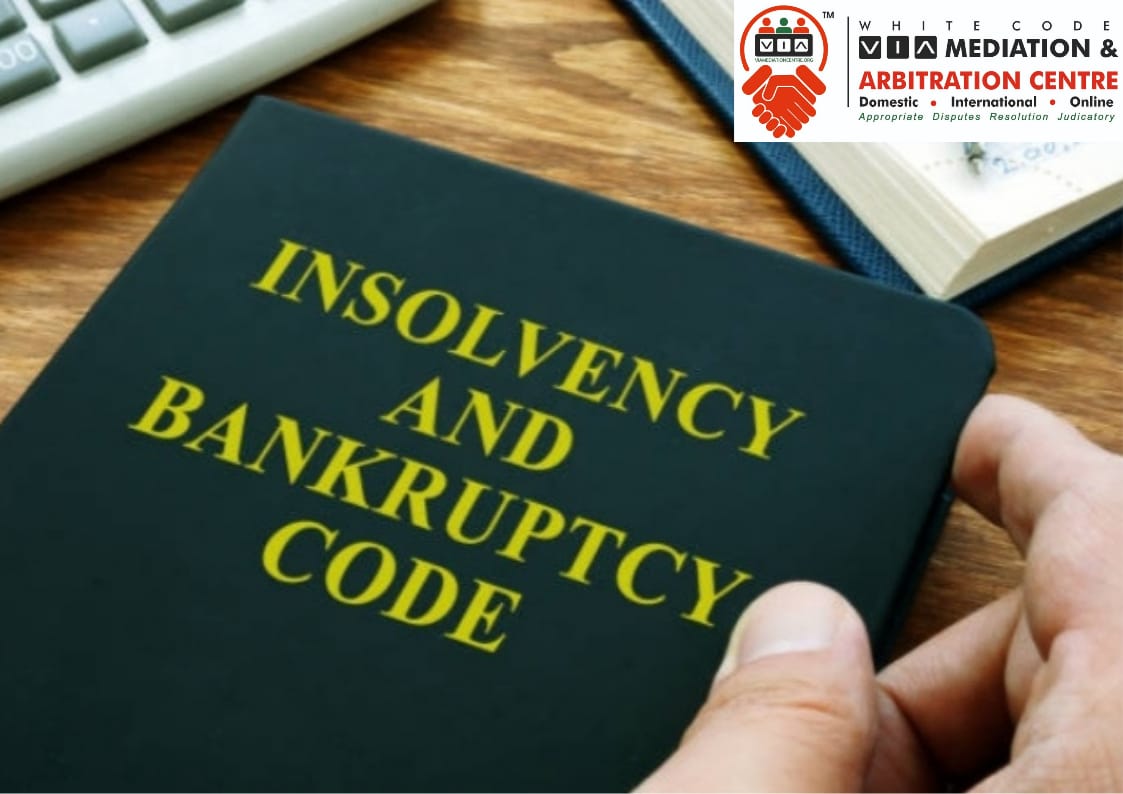Latest News
Focusing On Interests Rather Than Positions — Conflict Resolution Key

Focusing On Interests Rather Than Positions — Conflict Resolution Key
Introduction
For many decision-makers, annual obligations like business plan reviews and budget approvals tend to coincide with increased stress and anxiety levels. We are well-prepared for the substance to be decided; it's the process that is so unsettling. It can be troublesome if the short-term objective of minimising conflict gets in the way of developing and achieving long-range goals. Interest-based negotiation techniques can help us focus our energy on the process and guide that process towards yielding a satisfactory result.
Most negotiations are repeat performances. We tend to deal with the same bankers, suppliers, clients, directors, managers, etc., for a long time. It is important to recognise and give proper weight to the context in which a negotiation is taking place; if it is within an ongoing relationship, the significance of that relationship must be considered.
1. Separate the people from the problem.
Religion teaches us to hate the sin, not the sinner if we view the problem as that which needs to be resolved rather than viewing someone holding a contrary viewpoint as a person to be defeated, the odds of a successful collaboration increase.
2. Distinguish between interests and positions.
The classic story to illustrate this describes two sisters fighting over the only orange in the family larder. Each sister must have the entire orange for herself. No less is impossible. A wise parent asks each of the girls (in private) why she wants the orange. One explains she wants to drink the juice; the other wants to use the rind for cooking a pudding. What each sister wants is her position. Why she likes it is her interest. In this case, the simple solution is to give the cook the rind after the juice has been squeezed for the thirsty sister - thus meeting the interests of both.
3. Consider your BATNA (Best Alternative To a Negotiated Agreement).
If you disagree with the other, does that make things worse for you? When you're selling an antique Rolls Royce and have received an offer of $43,250, you know what another potential buyer has to do to get you interested. Of course, the first offerer may plan to use the car for chauffeuring wedding parties, while a second offerer collects and restores antique cars and preserves them indoors. In determining your BATNA, a detailed review of your interest will give you the most precise picture.
4. Silence is golden.
This is true for two reasons: If one party is highly opinionated or emotional, if their approach is threatening or extremely demanding, keeping quiet after they finish speaking can be pretty unsettling to them. It is like jujitsu; you allow them to be tripped up by their forcefulness. Most people are troubled by silence amid the heated discussion. Sometimes silence is viewed as disapproval -- but since no specific objection has been voiced, it cannot be treated as an attack. It has happened on many occasions that, when met with silence, people have modified their previous statements to make them more palatable.
Silence is an important element in the crucial tool called Active Listening.
5. Pursue Fairness.
If all the participants view the process as fair, they are more likely to take it seriously and 'buy into' its result. Moreover, the focus on fairness can have a significant impact on the substantive outcome. If the parties to a negotiation can agree on standards against which elements of the agreement can be measured, it can give each a face-saving reason for agreeing. Referral to the Base Rate of the other major lending institutions, an industry standard of marketability, or other familiar measures, can validate the agreement the parties reach.
6. Only one person can get angry at a time.
This is yet another means to help individuals keep a cool head and pay attention to the process, strategy, and substance of the negotiation. If it's not your 'turn' to be angry, the exercise of restraint can be turned into a positive opportunity to observe what is going on with a clear eye. No less important, yelling at each other is not negotiation; it is confrontation. There may be a 'winner' in those situations, but it is even more likely to be a 'loser'.
This Article Does Not Intend To Hurt The Sentiments Of Any Individual Community, Sect, Or Religion Etcetera. This Article Is Based Purely On The Authors Personal Views And Opinions In The Exercise Of The Fundamental Right Guaranteed Under Article 19(1)(A) And Other Related Laws Being Force In India, For The Time Being. Further, despite all efforts made to ensure the accuracy and correctness of the information published, White Code VIA Mediation and Arbitration Centre shall not be responsible for any errors caused due to human error or otherwise.
- Introduction
- Distinguish between interests and positions
- Consider your BATNA































































































































































































































































































































































































































































































































































































































































































































































































































































































































































































































































































































































































































































































































































































































































